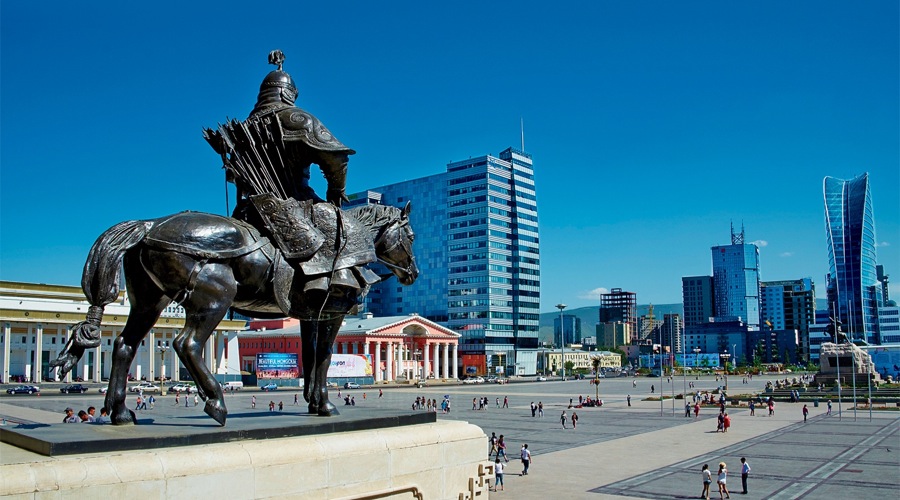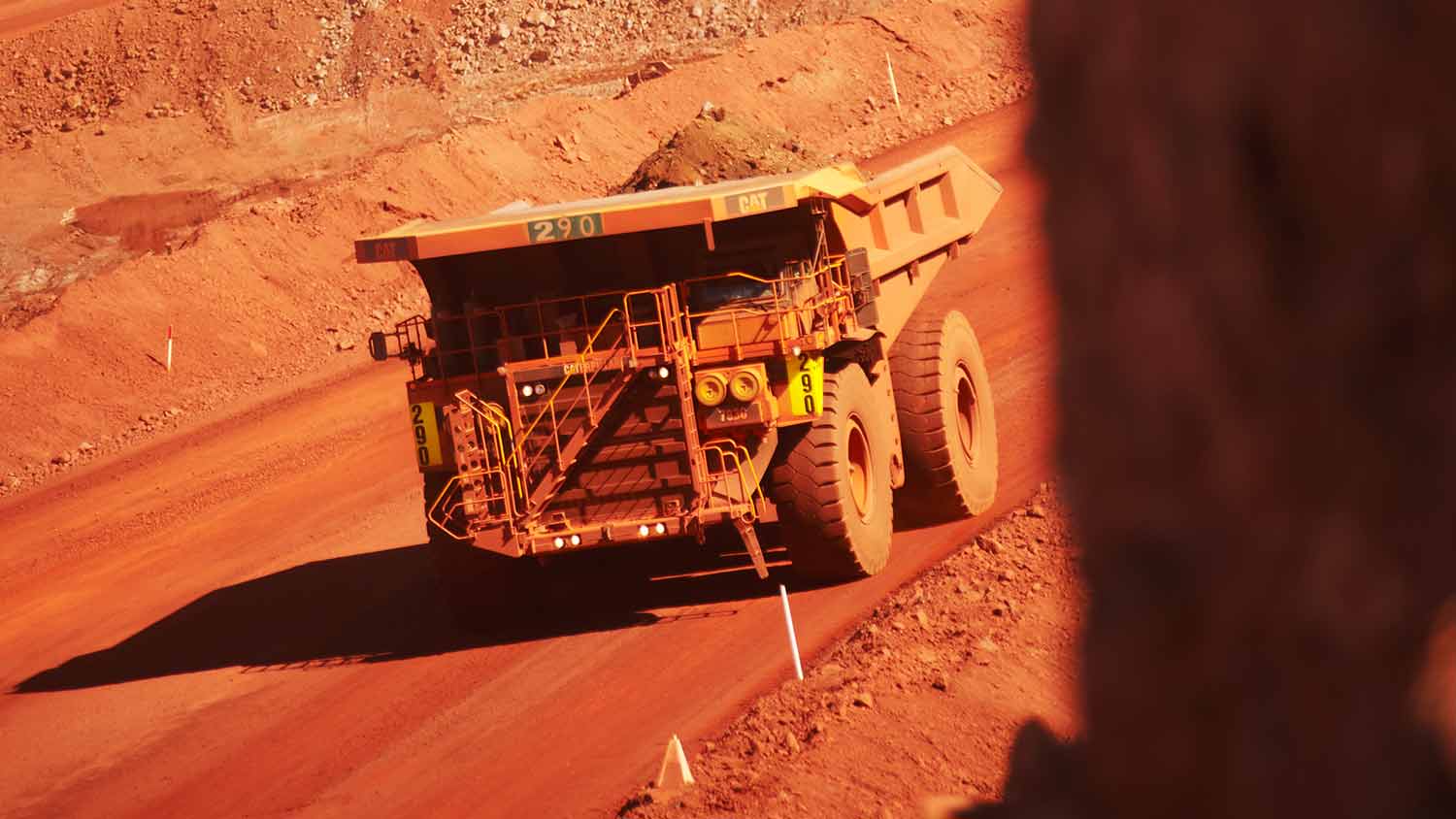The uranium shakedown: How Mongolia and Russia conspired against western investors (Part 3 of 3)

In the final part of our probe into the curious case of Khan Resources, and the reallocation of its uranium mine to Russian control, we review events leading to the seizure of the company’s Mongolian assets and its chairman’s unusual death in an Ulaanbaatar hotel.
In April 2015, a 59-year-old Canadian named James Doak travelled to Ulaanbaatar to negotiate with Mongolia’s government.
His company, Khan Resources, had been granted $100 million in compensation for the government’s decision to expropriate the Dornod uranium project. But Mongolia was refusing to pay.
Doak, Khan’s chairman, and Grant Edey, its CEO, met with officials on April 22. Then, during lunch at his hotel, Doak fell ill. He went to his room to rest before their flight home.
When Doak didn’t answer his phone later that day, hotel staff opened the door. He was dead. An autopsy determined that the cause of death was complications related to the onset of late-stage Type 1 diabetes.
A mere three days later, in what could charitably be described as blithely insensitive toward the Doak tragedy, Mongolia’s Justice Minister announced that the government would rescind the payment awarded to Khan and attempt to annul the international arbitration claim.
Finish reading at Frontera News.
________________
Phill Hynes and Mark Burke are analysts at ISS Risk, a frontier and emerging markets political risk management company covering North, South and Southeast Asia from its headquarters in Hong Kong.
{{ commodity.name }}
{{ post.title }}
{{ post.date }}




Comments